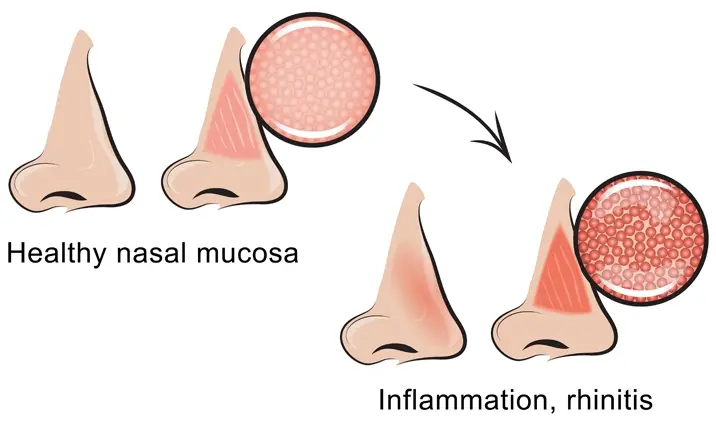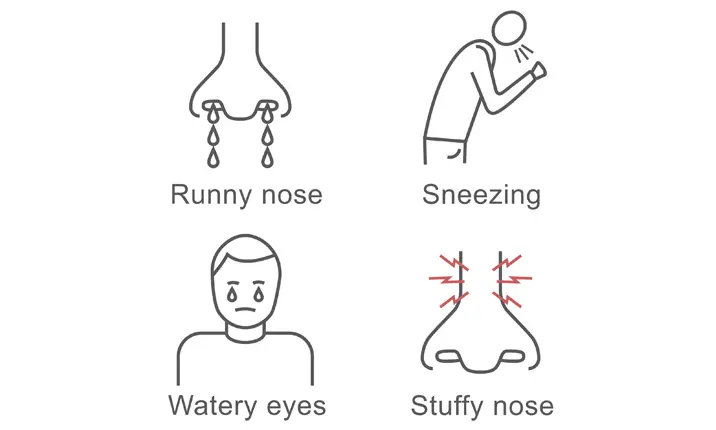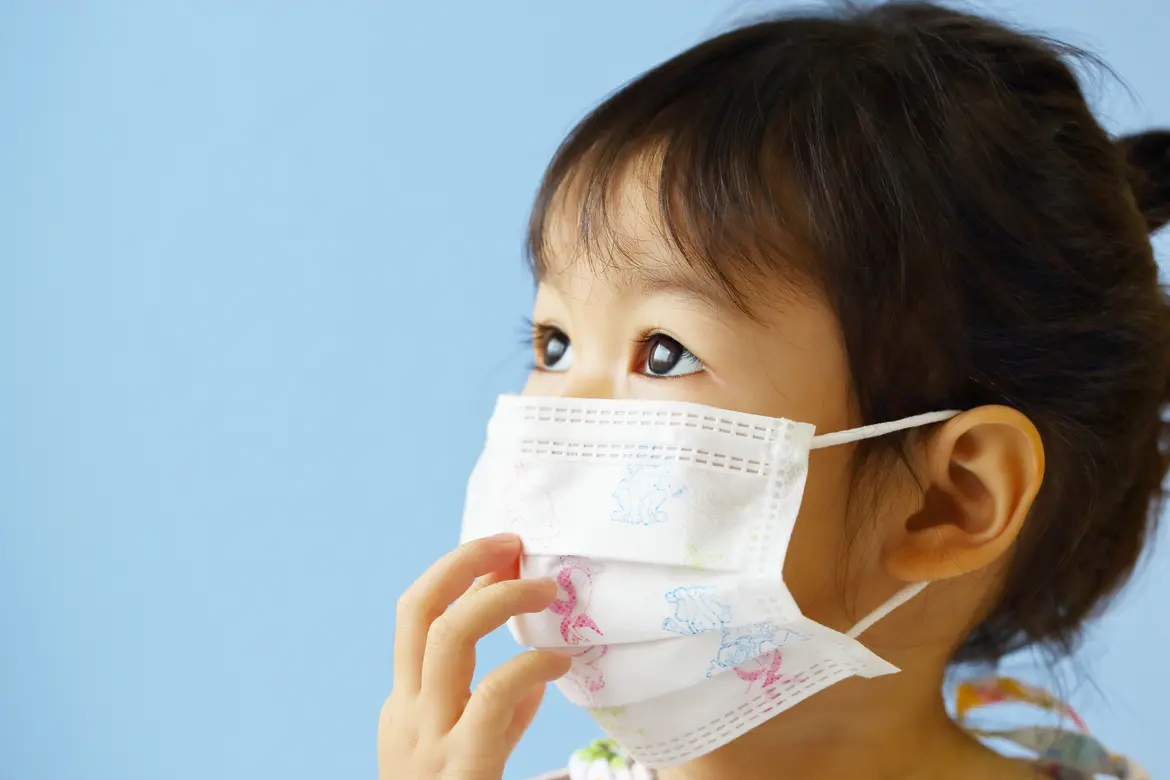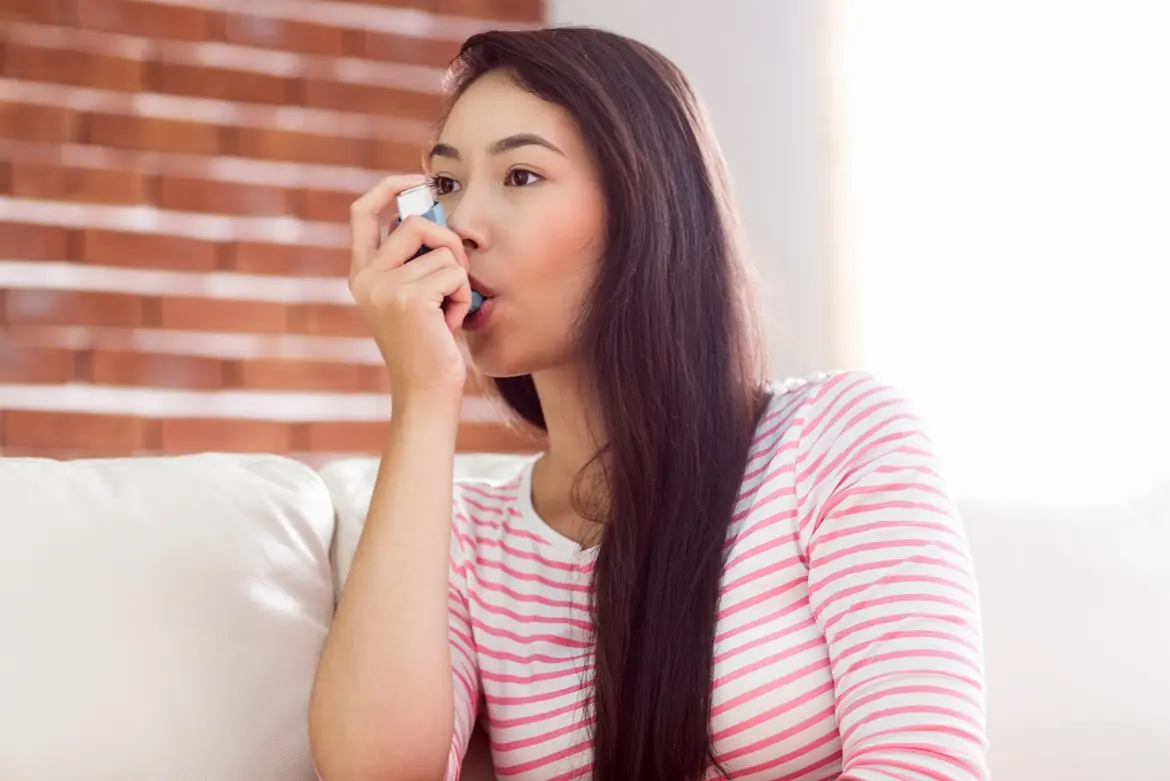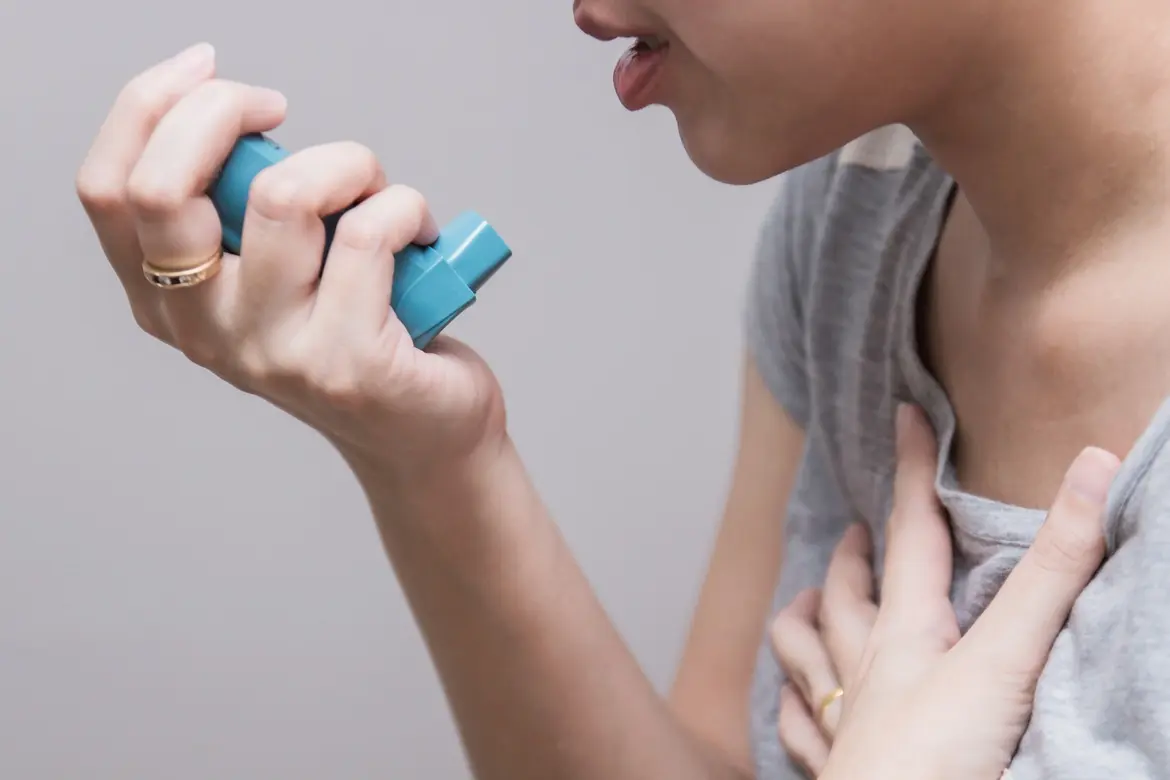What is allergic rhinitis?
Allergic rhinitis is inflammation in the nose as a result of your body's allergic response to specific allergens.
What are the causes of allergic rhinitis?
Allergens vary from person to person, but they can be anything from pollen, grass or dust to animal fur or mould.
In temperate countries, pollen allergy is also known as hay fever.
In the tropics, allergy to dust mites is the most common cause. When your body comes into contact with them, it triggers its natural defence – the release of chemicals like histamine. This is what causes the classic symptoms of what many people term as 'sinus' in Singapore.
Some other things can make the condition worse, like cigarette smoke, humidity, wind, the haze, hairspray, perfumes or chemical fumes.
Why do I have allergic rhinitis?
This condition can affect anyone, although you're more likely to develop it if you have a family history of allergic rhinitis. It's also been linked to asthma and eczema, so if you have one or both of those conditions, you could be more at risk.
What are the symptoms of allergic rhinitis?
Symptoms of allergic rhinitis differ according to the duration of exposure to the substance you are allergic to.
You may experience the following immediately after coming into contact with a substance you're allergic to:
- Runny nose
- Itchy nose, mouth, eyes, throat, skin or any area
- Problems with smell
- Sneezing
- Itchy and watery eyes
Symptoms that may develop later include:
- Stuffy nose
- Coughing
- Clogged ears and decreased sense of smell
- Sore throat
- Dark circles under the eyes
- Puffiness under the eyes
- Fatigue and irritability
- Headache
How debilitating these symptoms are depends entirely on the individual and your own reaction to allergens. Some people experience symptoms all year round, while others experience mild symptoms only occasionally.
Speak to a doctor if you have concerns about the frequency or impact of your symptoms.
How is allergic rhinitis diagnosed?
For minor allergies, you might not need to undergo more than a good history and physical examination.
A skin-prick test is a common tool used by doctors to check your allergic response to certain allergens. It involves placing substances on your skin to see how your body reacts to each one.
However, this only goes so far towards understanding your condition. If yours is more serious or your symptoms are frequent, you should see an ENT specialist for a proper consultation.
"ENT specialists have specific tools like the nasoendoscope, which examines the inside of your nose and throat to help assess your condition," explains Dr Samuel Yeak, ENT specialist.
"Your ENT specialist will educate you on how to manage your condition as well as prescribe you with medications to help alleviate some of the symptoms. This is especially ideal if your condition is chronic and you need long-term care."
How is allergic rhinitis treated?
Allergic Rhinitis and its Impact on Asthma (ARIA), the world health initiative on allergic rhinitis by a non-governmental association and World Health Organization, has officially classified allergic rhinitis as a chronic disease, but that doesn't mean it can't be managed and controlled.
Common short-term treatment options for allergic rhinitis include antihistamines and nasal decongestants. Longer-term options include nasal steroids or allergy shots.
Nasal steroids
Nasal steroids are often confused with nasal decongestants, but they are very different treatments. Nasal decongestants should only be used for 1 – 2 weeks, as prescribed, or you may be at risk of rhinitis medicamentosa. This is basically when the decongestant starts irritating your nasal linings and making the whole problem worse.
Education is key, explains Dr Yeak: "Nasal steroids are an effective long-term option, but there's little point in having them if you don't know how often to use them, or you're not patient enough to give them time to work."
Many people also believe that once they are taking steroids, they will need to continue taking them forever. Dr Yeak clarifies that isn't the case: "Much like how patients with diabetes and high blood pressure can sometimes reduce their need for medication by maintaining a healthy diet and exercise, patients with allergic rhinitis can often stop medication after 2 or 3 months, depending on how well they can control their environment."
If you're not currently managing your allergic rhinitis successfully, visiting an ENT specialist can help to clear up some of the confusion surrounding these different treatment options. The specialist can also help to rule out more serious sinus conditions, like nasal polyps and chronic sinusitis (sinus infections).
Antihistamines
Oral antihistamines may be used to treat mild allergy symptoms that do not happen often or do not last long.
Be mindful that some antihistamines can cause sleepiness. You should not drive or operate machines after taking this type of medicine.
Antihistamines are also available as nasal sprays and work well for treating allergic rhinitis.
Nasal spray for allergic rhinitis
Nasal corticosteroid sprays
Nasal corticosteroid sprays are the most effective treatment for allergic rhinitis. They work best when used nonstop, but they can also be helpful when used for shorter period of time.
Nasal decongestants
Nasal decongestants may be helpful to reduce symptoms such as nasal stuffiness. You may experience sneezing and nasal dryness with this type of medication. They should not be used for more than 1 - 2 weeks.
Immunotherapy
This treatment involves repeated administration of the identified allergen(s) to help the body gradually re-accustom to the allergen responsible for the allergic reactions so as to modify the body's response. Immunotherapy may be administered via subcutaneous injections or taken orally (sublingual).
Are nasal steroids harmful?
When you hear the word steroids, you might think of body builders. But nasal steroids are a completely different type of steroid and are designed to act locally in the nose with minimal absorption to the rest of the body. As you spray them directly into your nose, it's unlikely for them to have any serious or adverse side effects. In fact, the US Food and Drug Administration has approved their use in children as young as 3 years old.
People also used to worry that nasal steroids suppressed the immune system, making them more susceptible to illnesses like the flu. But the European Position Paper on Rhinosinusitis and Nasal Polyps (EPOS) has now found that they can actually help to reduce inflammation when you have an infection.
Will my allergic rhinitis ever go away completely?
Allergic rhinitis is a chronic problem but can be well-controlled with correct strategies. Allergen avoidance and proper use of medication are key factors.
While antihistamines and decongestants are useful on demand, nasal steroids should be administered regularly. It can sometimes take up to a week of regular usage before you experience any significant improvements in your symptoms, but if you continue to use the medication consistently, even when you feel well, it can help to prevent symptoms from reoccurring.
"Immunotherapy is also an exciting area of development that can manage and potentially 'cure' allergic rhinitis," says Dr Yeak. "In the past, immunotherapy was done with regular injections or allergy 'shots', and was not a very popular form of treatment among young patients."
The good news is that immunotherapy can now be delivered with medication placed under the tongue, also known as sublingual immunotherapy (SLIT). It has been shown to control allergic rhinitis for 15 years without needing medication.
Dr Yeak adds: "15 years is very close to the definition of a cure, as there are no studies conducted longer than 15 years. Currently, immunotherapy is not the first-line treatment for allergic rhinitis but it may very well be in the future."
Speak to an ENT specialist to find out more about treatment options for allergic rhinitis!
Home remedies to reduce exposure to allergens
- Keep your house as clean and uncluttered as possible by vacuuming and mopping regularly
- Keep your mouth and nose covered when you’re in grassy or flowered areas as well as during the haze
- Don't let pets sit on your furniture or bed
- Use dust mite-proof bed sheets and wash them with hot water every week
- Spray furniture and bedding with dust mite sprays
- Throw away old pillows and bolsters
- Use a HEPA (high-efficiency particulate air) air filter
- Maintain a low humidity and ensure good ventilation to prevent mould


